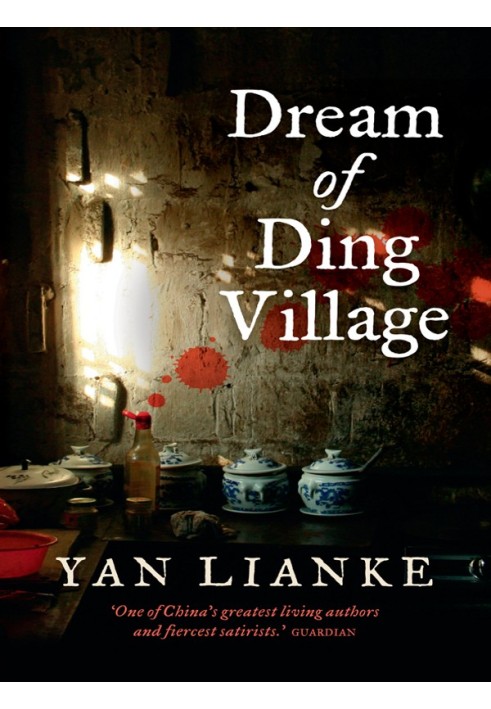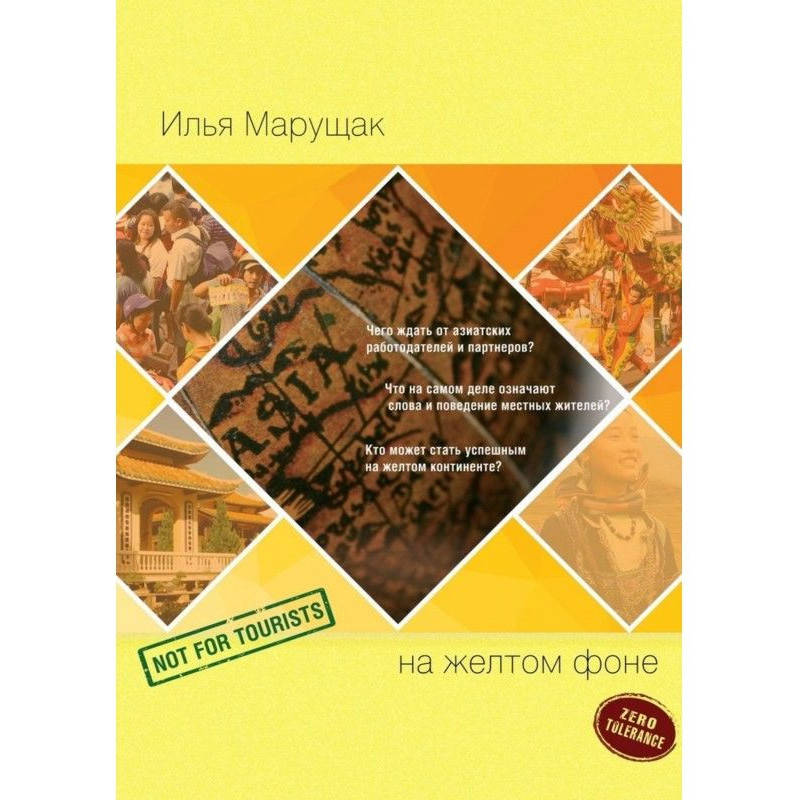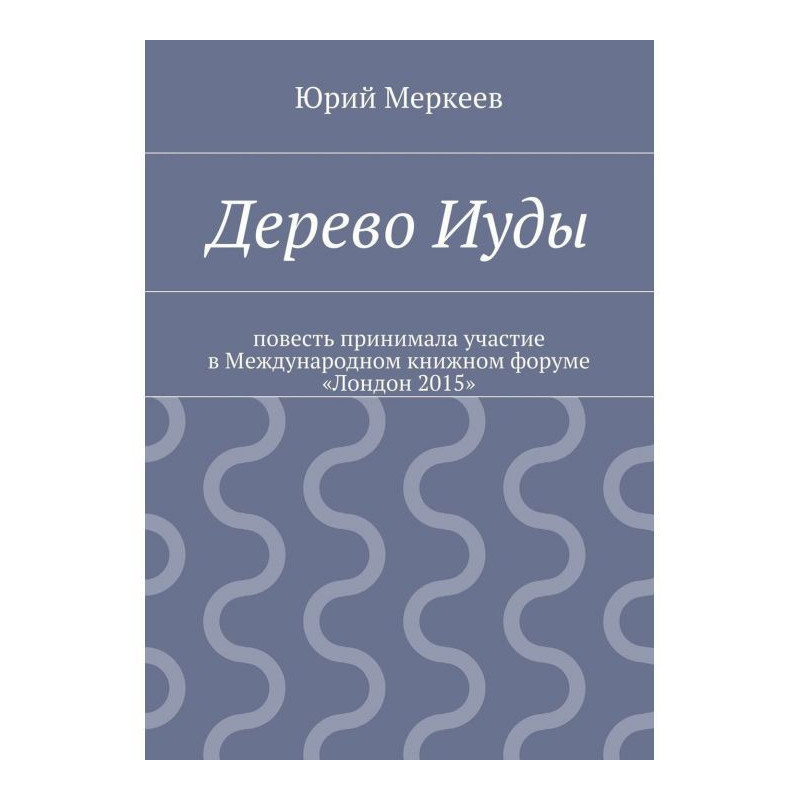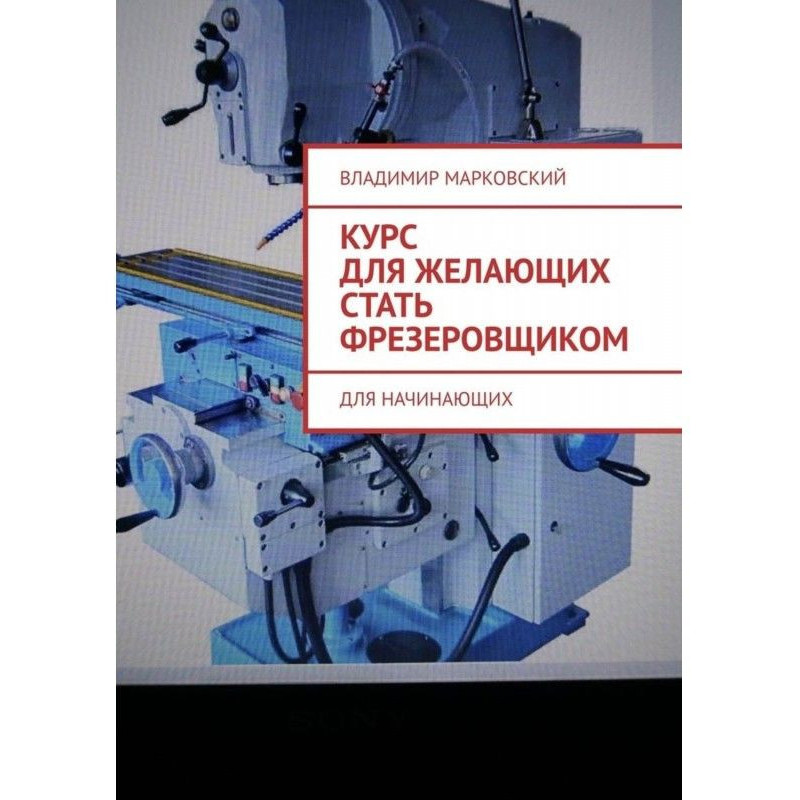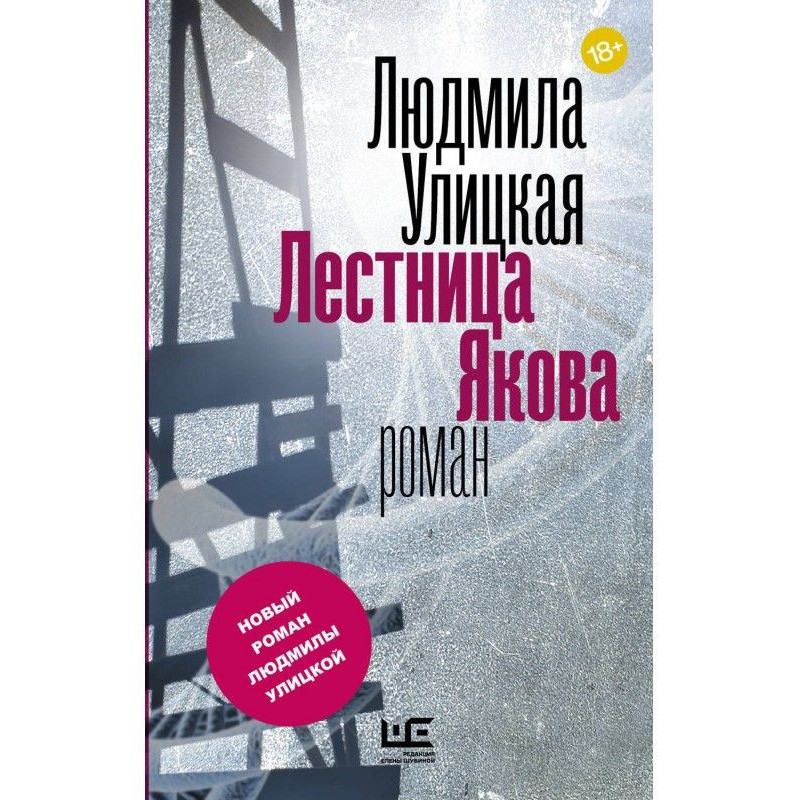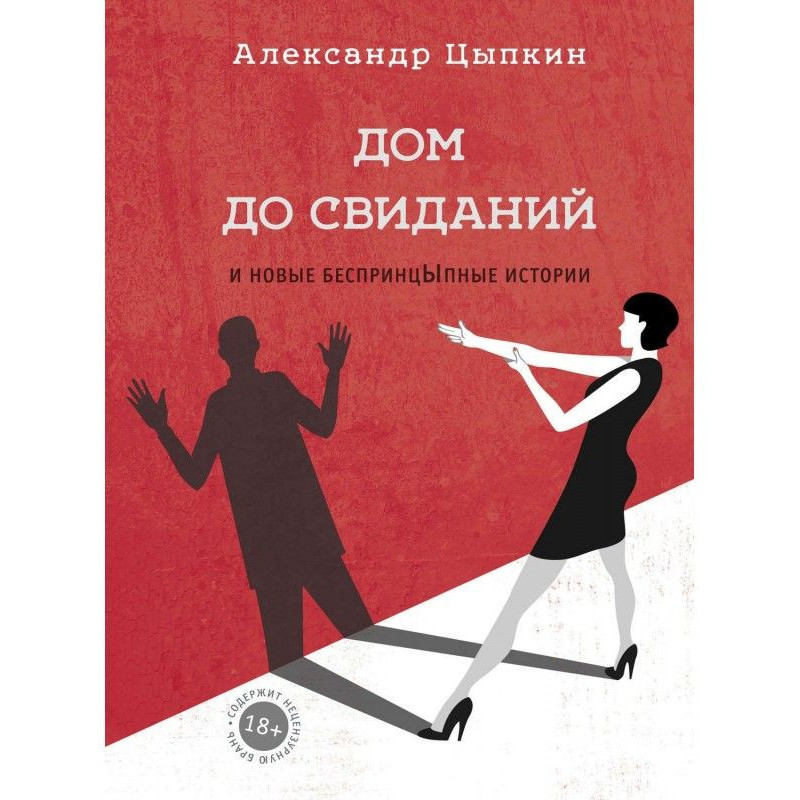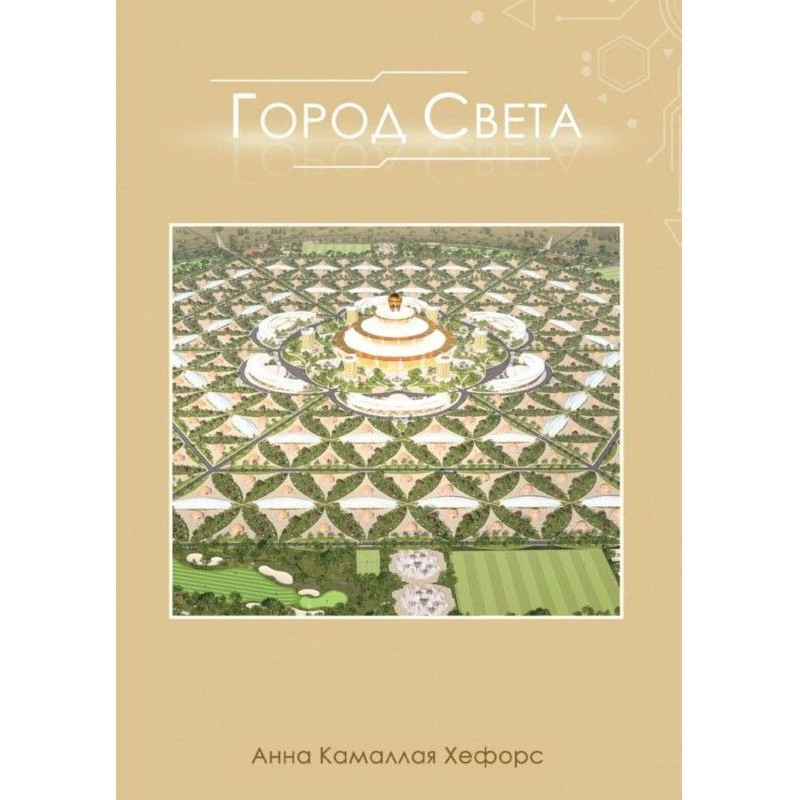Dream of Ding Village
 Instant download
Instant download
after payment (24/7)
 Wide range of formats
Wide range of formats
(for all gadgets)
 Full book
Full book
(including for Apple and Android)
Officially censored upon its Chinese publication, and the subject of a bitter lawsuit between author and publisher, Dream of Ding Village is Chinese novelist Yan Lianke's most important novel to date.Set in a poor village in Henan province, it is a deeply moving and beautifully written account of a blood-selling scandal in contemporary China. As the book opens, the town directors, looking for a way to lift their village from poverty, decide to open a dozen blood-plasma collection stations, with the hope of draining the townspeople of their blood and selling it to villages near and far. Although the citizens prosper in the short run, the rampant blood-selling leads to an outbreak of AIDS and huge loss of life. Narrated by the dead grandson of the village head and written in finely crafted, affecting prose, the novel presents a powerful absurdist allegory of the moral vacuum at the heart of communist-capitalist China as it traces the life and death of an entire community.Based on a real-life blood-selling scandal in eastern China, Dream of Ding Village is the result of three years of undercover work by Yan Lianke, who worked as an assistant to a well-known Beijing anthropologist in an effort to study a small village decimated by HIV/AIDS as a result of unregulated blood selling. Whole villages were wiped out with no responsibility taken or reparations paid. Dream of Ding Village focuses on one family, destroyed when one son rises to the top of the Party pile as he exploits the situation, while another son is infected and dies.The result is a passionate and steely critique of the rate at which China is developingand what happens to those who get in the way.
Data sheet
- Name of the Author
- Yan Lianke
- Language
- English
- Translator
- Cindy Carter
Reviews
Вражаюча та глибока історія, що змушує задуматися
«Мрія про село Дін» - це не просто роман, а потужний соціальний коментар, який відкриває завісу над темами, які часто залишаються в тіні в сучасному Китаї. Ян Лянке майстерно переплітає особисті драми з глобальними проблемами, такими як корупція, експлуатація та наслідки безвідповідального бізнесу. Оповідь, розказана з точки зору мертвого онука сільського голови, надає твору особливого емоційного забарвлення, дозволяючи читачеві відчути всю глибину трагедії, яка спіткала цю громаду. Книга не лише розкриває жахливі наслідки продажу крові, але й ставить запитання про моральність і цінності в суспільстві, де комуністичні ідеали стикаються з капіталістичними прагненнями. Я вважаю, що цей роман повинен бути прочитаний усіма, хто цікавиться сучасною літературою та соціальними проблемами, адже він відкриває очі на реалії, з якими стикаються мільйони людей. Це не просто художній твір, а заклик до дії, який змушує нас замислитися про наше місце в світі та відповідальність перед іншими.

